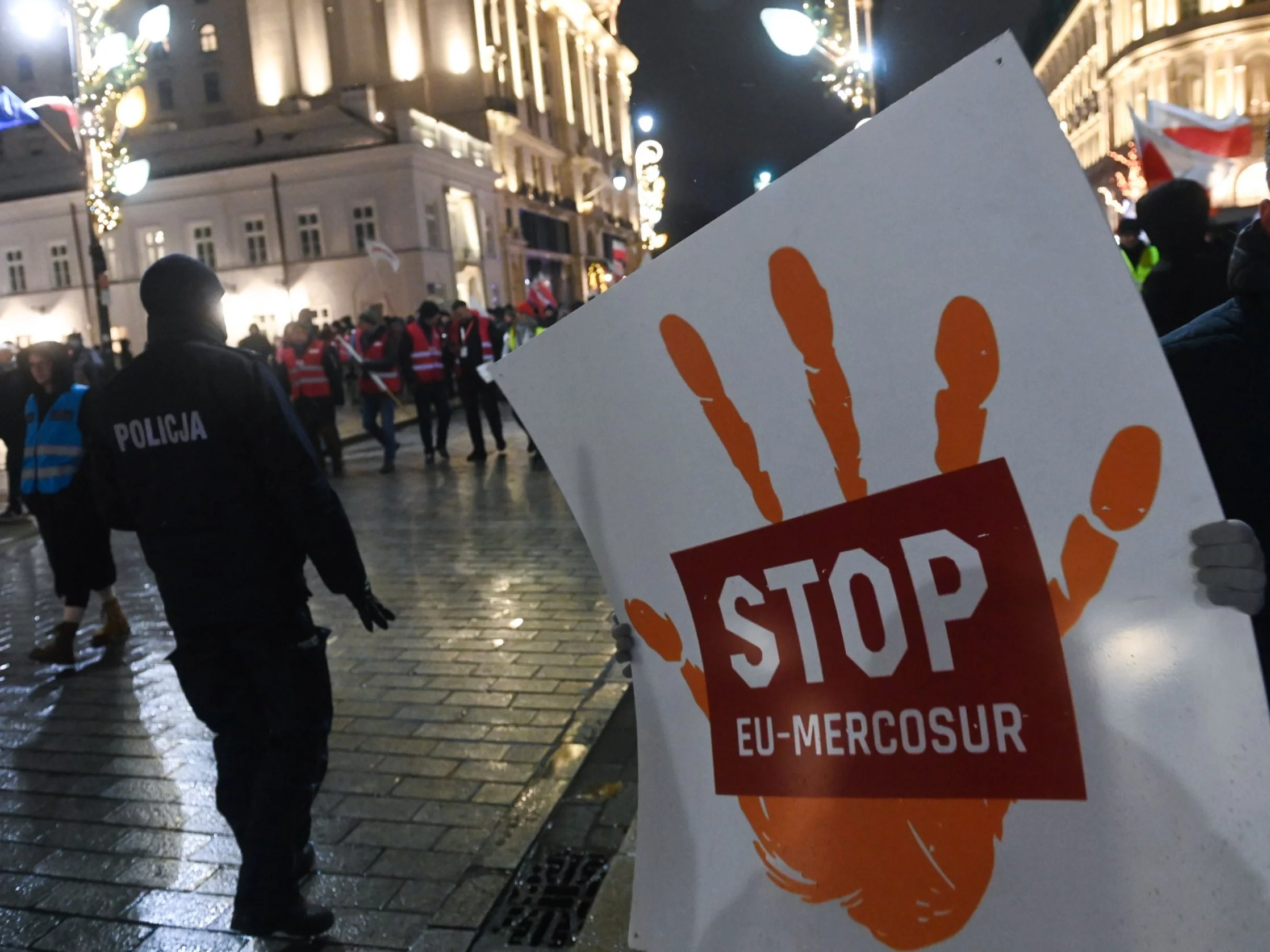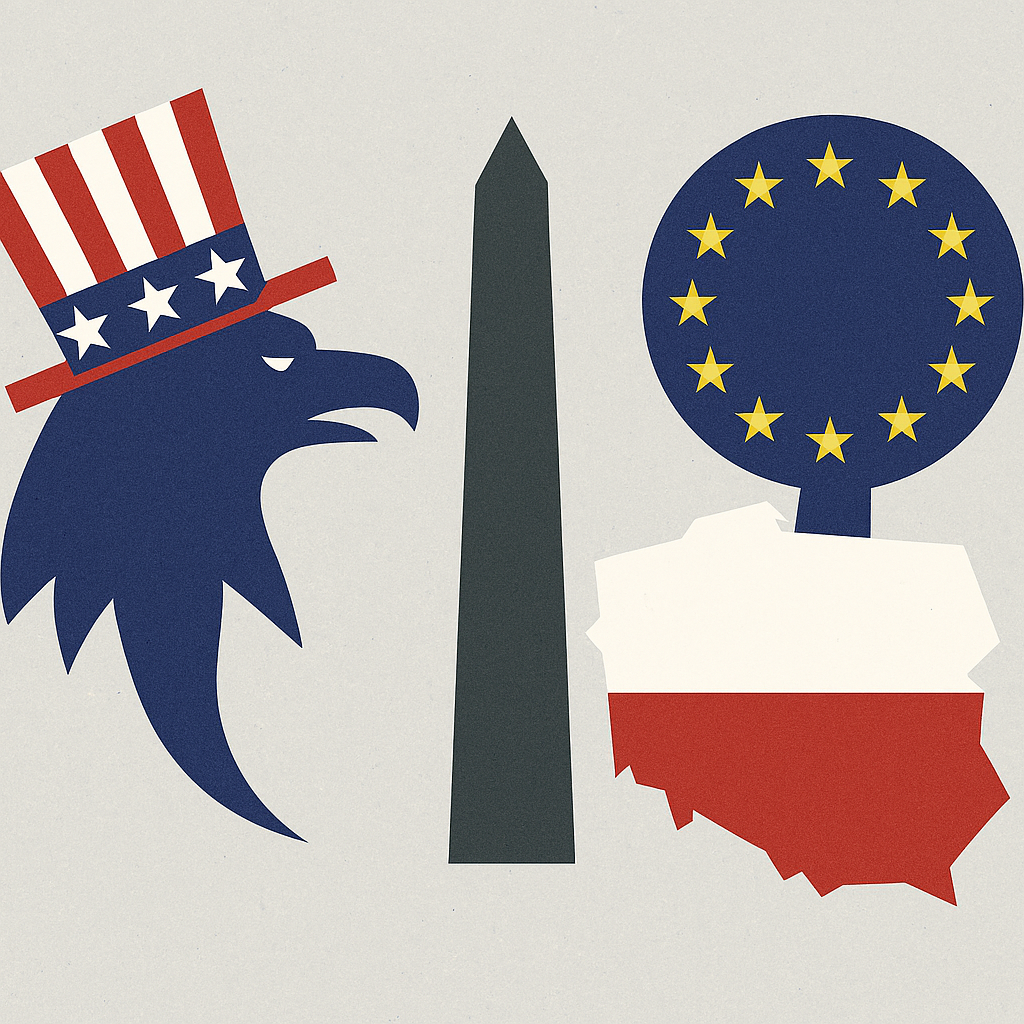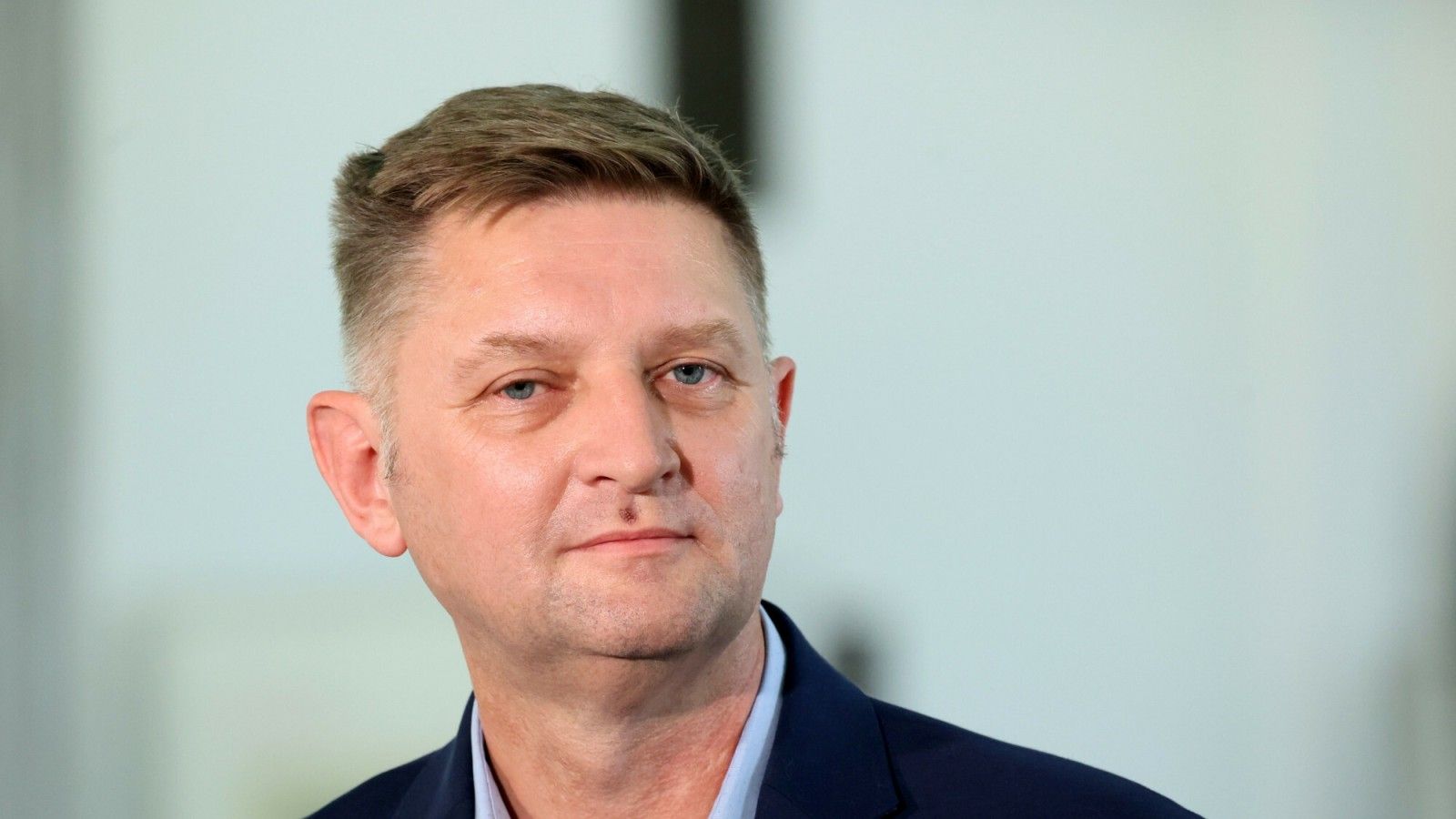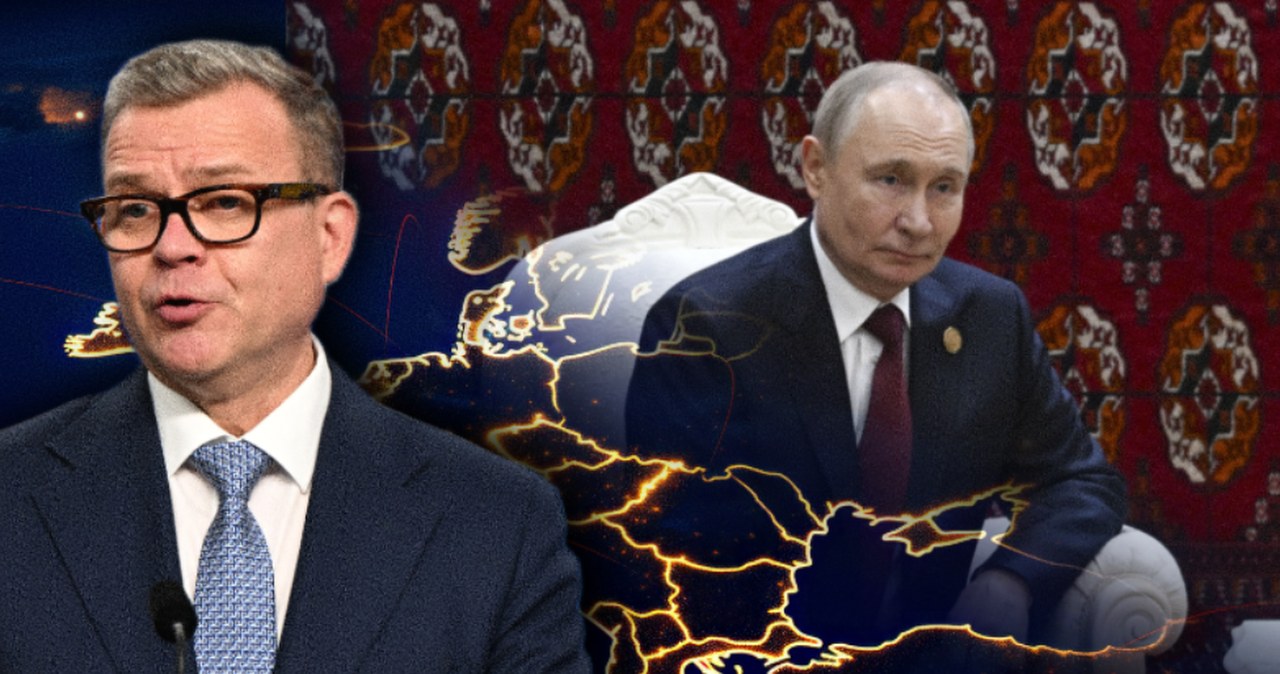Sir Keir Starmer (Labour) has launched his fiercest attack yet on Reform UK, claiming the party wants to "tear our country apart" as he arrived in Liverpool for Labour's conference. The Prime Minister faces mounting pressure with Labour trailing behind Nigel Farage's party in recent polling and internal party tensions growing.
Starmer specifically targeted Reform's plans to remove indefinite leave to remain for legal migrants, describing it as "one of the most shocking things" Farage's party had proposed. During a visit to the Liverpool Echo's office, he said: "I think it is a real sign of just how divisive they are and that their politics and their policies will tear this country apart."
Arriving at the conference centre with his wife Lady Victoria, Starmer framed the gathering as a "really big opportunity to make our case to the country, make it absolutely clear that patriotic national renewal is the way forward, not the toxic divide and decline that we get with Reform".
Reform dominates political landscape
Recent YouGov polling has placed Farage as the most likely politician to become the next prime minister, with Reform on track to win the most parliamentary seats if an election were held today. The stark figures have intensified scrutiny of Labour's direction under Starmer's leadership.
In comments to the Guardian, Starmer issued a rallying cry against Reform, declaring: "History will not forgive us if we do not use every ounce of our energy to fight Reform. There is an enemy. There is a project which is detrimental to our country." He said Labour had to "unite and fight" amid speculation that Greater Manchester mayor Andy Burnham could mount a leadership challenge.
Internal party pressures acknowledged
Labour chairwoman Anna Turley acknowledged the party had faced "quite a challenging couple of weeks". She told a news agency that many more MPs are "frustrated" that their colleagues are already trying to topple Sir Keir, suggesting more support exists for the current leader than criticism implies.
The internal pressure comes as the party prepares for a conference that will likely see challenges on multiple policy fronts. Speculation about potential leadership rivals continues to overshadow the party's messaging efforts around economic recovery and reform.
Economic policies take centre stage
Chancellor Rachel Reeves has suggested new policies could reduce the need for tax rises in the upcoming budget. She told The Times she wants the Office for Budget Responsibility to include a youth mobility scheme and improved EU trading relationship in its economic forecasts.
The proposed youth mobility scheme would allow young people from the UK to work, study and live in Europe for extended periods, with reciprocal arrangements for Europeans. Reeves described it as "good for the economy, good for growth and good for business", though reports suggest it could allow 50,000 Europeans annually to live in the UK.
Benefits debate intensifies
Several Liverpool MPs have renewed calls to end the two-child benefit cap ahead of the conference, describing it as "one of the most significant drivers of child poverty in Britain today". The policy represents one of several areas where ministers could face challenges from Labour members.
Among those previously calling for the cap to be scrapped is Lucy Powell, the former Commons leader who is frontrunner to become the next Labour deputy leader. Darren Jones, the PM's chief secretary, hinted at potential future battles, telling The Telegraph the benefits bill is "unsustainable in the long run".
Senior Labour figures are expected to set out details of a fresh tranche of "New Towns" at the conference. Starmer's plans for a new digital ID system, unveiled at a centre-left leaders' conference on Friday, will also likely face scrutiny from delegates.
Sources used: "PA Media", "Guardian", "The Times", "Telegraph" Note: This article has been edited with the help of Artificial Intelligence.

 2 miesięcy temu
2 miesięcy temu










